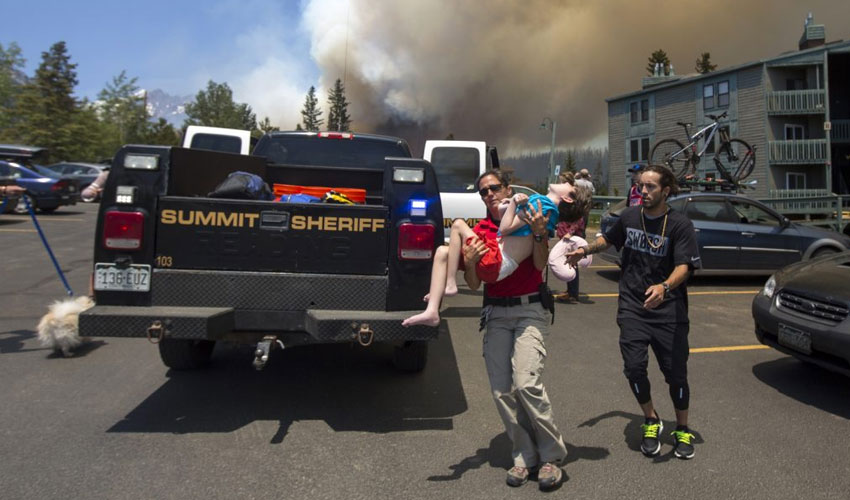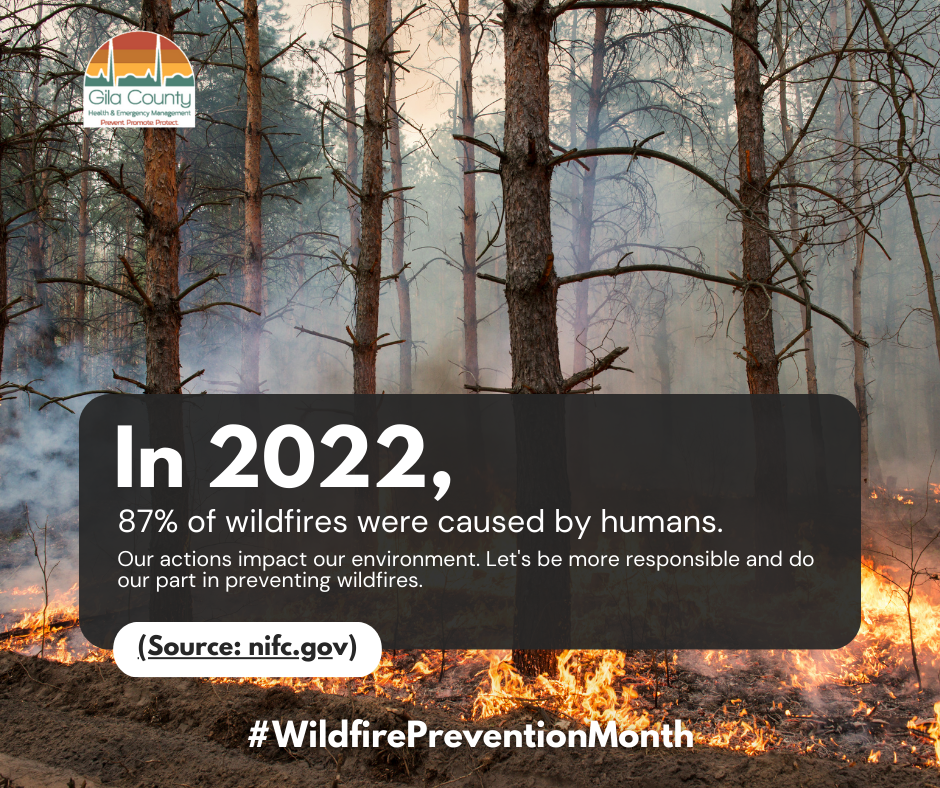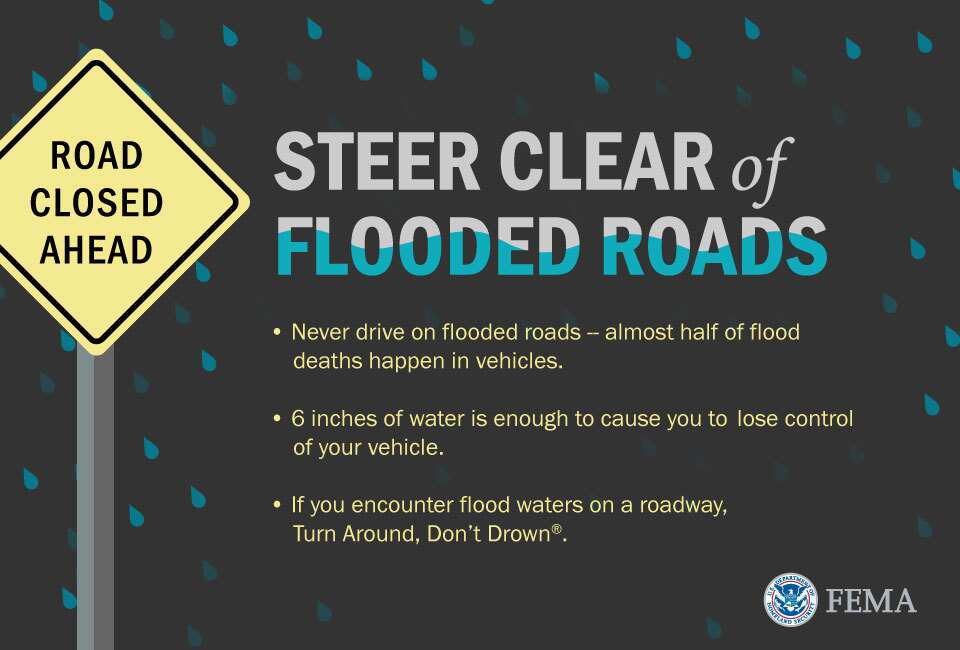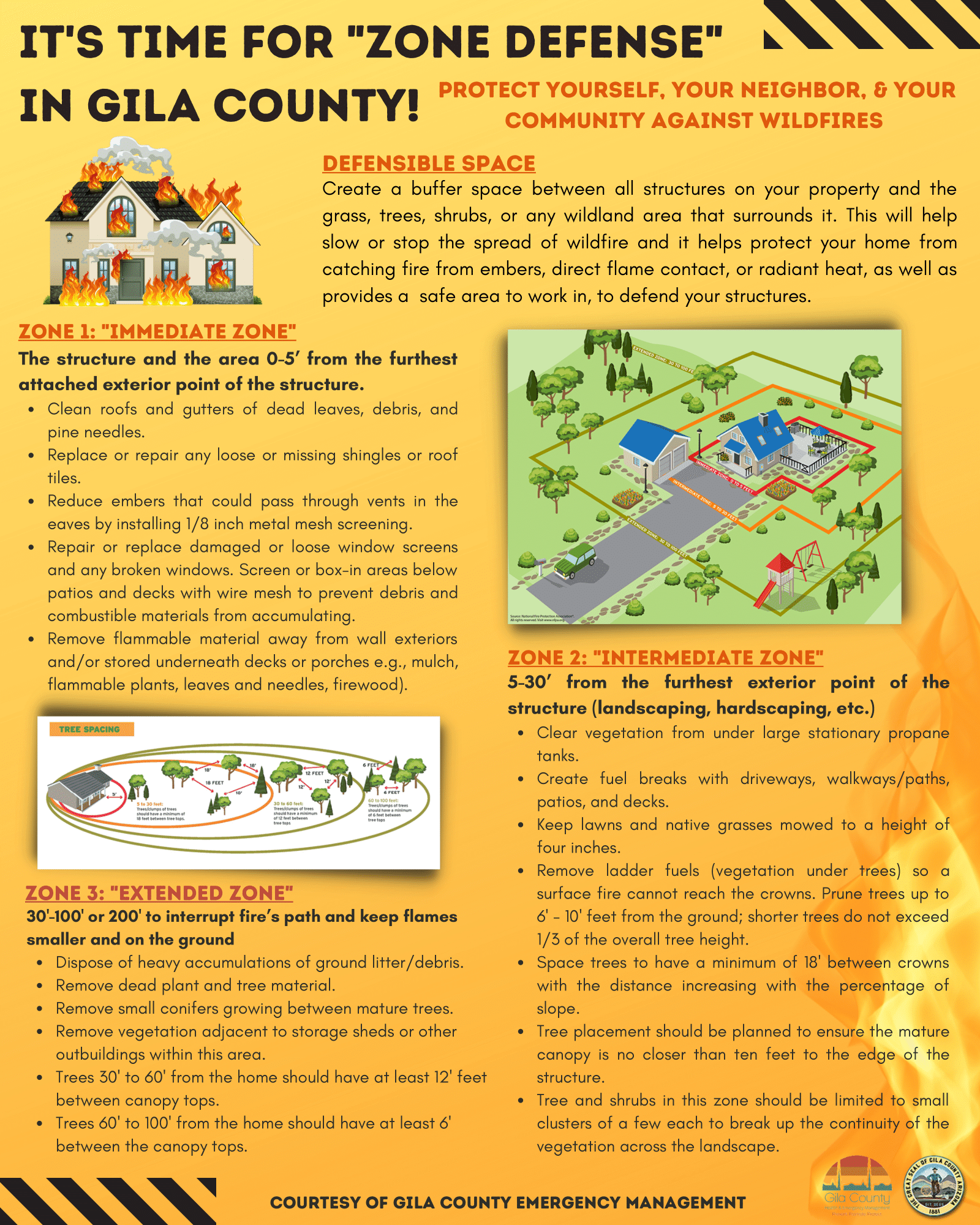Access & Functional Needs Populations

Individuals with handicaps may require additional planning. If you have special needs — or are a caregiver for someone with special needs — take the following actions to ensure emergency preparedness.
Use the Ready Kit template for basic provisions, then determine what other items need to be included to sustain you independently for three days. These can include:
functional needs Ready Kit
 Medical equipment
Medical equipment Assistive technology, oxygen, etc.
Assistive technology, oxygen, etc. Special food, if required
Special food, if required Medicine
Medicine Diabetic supplies
Diabetic supplies A TTY, pen, and paper
A TTY, pen, and paper Hearing aids and batteries
Hearing aids and batteries Extra eyeglasses
Extra eyeglasses Copies of medical insurance and Medicare cards
Copies of medical insurance and Medicare cards
If you have a medication that needs to be refrigerated, include a cold bag and an instant cold pack, which can be purchased at your local Walgreens, CVS, Walmart, or drug store. If you use a service animal, make sure your Ready Kit includes dog food, a water bowl, and extra water.
Create a support network of friends, relatives, and neighbors who can help you out. Make sure everybody knows how to operate any key equipment such as wheelchairs or mobilizing devices. Keep a written list of these contacts handy and in your Ready Kit.
3.Wear medical alert tags or other identification —In the event of any emergency, medical alert bracelets, tags, or other identification can help those assisting you. Make sure this includes any medicines, physical impairments, or communications disabilities.
4. Plan for loss of power or an evacuation —Make preparations for your support network to help you evacuate if necessary. If you require electricity for critical medical equipment, plan for what might be needed during a power outage. This could include extra batteries, a generator, or other backup tools. If you require dialysis or other life-sustaining equipment, find out where the nearest facilities are. Discuss your needs with your physician and make provisions ahead of time.




